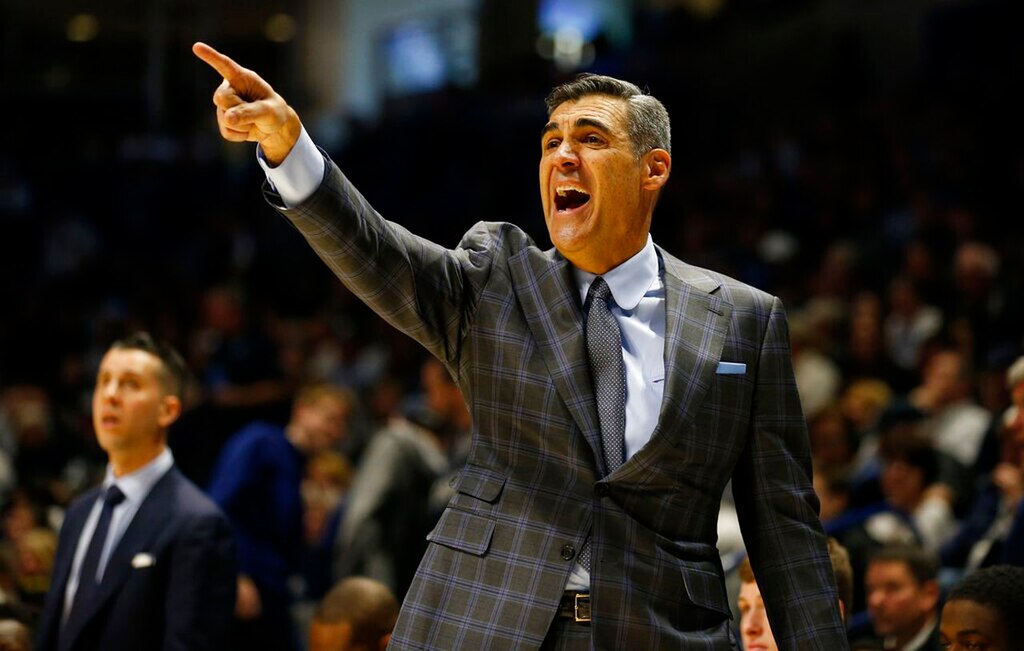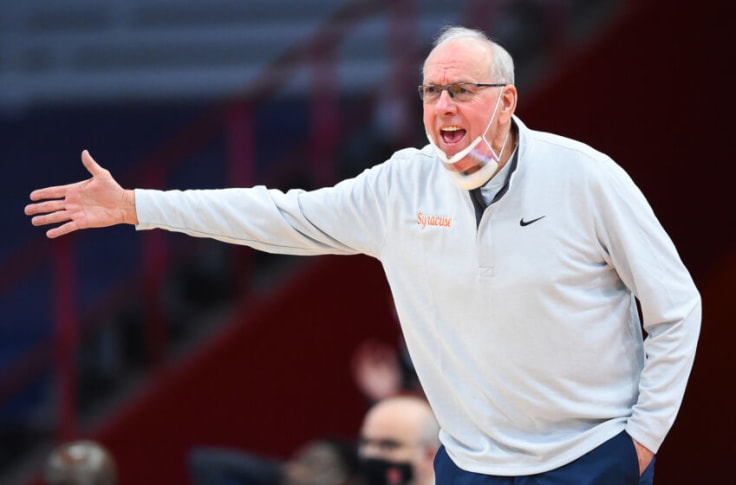|
In the NBA Draft world, we are all looking for data points and ways to gain an advantage. Part of that is finding trends over time that bear out consistent results. For example, it's pretty well accepted at this point that teenagers who have success in the highest leagues of Europe will enjoy NBA success. The translatability of what they do is really high.
We're all constantly looking for more areas that can have a high correlation (or even a causation) for bountiful NBA careers. What statistical indicators are meaningful? What body types or physical attributes lend themselves to success? For a long while, I've been fixated on another concept: which college basketball programs are reliable in churning out NBA-caliber products? This can come in multiple forms: programs who usually hit on their star recruits, programs who excel at developing role players for the NBA that consistently outperform their draft position, and programs who teach the game in a way that easily translates to the style that'll suit a player in the NBA. As I've thought about this over the years, I've realized that a focus on coaches, not necessarily programs, is just as important. Look at the coaches who recruit and develop talent and have a consistent track record of success. After a quick dive into some of the negatives, we're going to fixate on those who consistently produce players that outperform draft perceptions and stick around in the league. Some are great with a specific position while others are fantastic at creating fantastic role players. Other guys, like John Calipari, Mike Krzyzewski and Roy Williams, will be omitted from the list because they recruit such a high level of talent on an annual basis that it's likely less about the coach and more about the player in terms of trends for success. Who does Coach Spins trust and want to emulate most? We've got a few names here...
0 Comments
In the NBA Draft world, we are all looking for data points and ways to gain an advantage. Part of that is finding trends over time that bear out consistent results. For example, it's pretty well accepted at this point that teenagers who have success in the highest leagues of Europe will enjoy NBA success. The translatability of what they do is really high.
We're all constantly looking for more areas that can have a high correlation (or even a causation) for bountiful NBA careers. What statistical indicators are meaningful? What body types or physical attributes lend themselves to success? For a long while, I've been fixated on another concept: which college basketball programs are reliable in churning out NBA-caliber products? This can come in multiple forms: programs who usually hit on their star recruits, programs who excel at developing role players for the NBA that consistently outperform their draft position, and programs who teach the game in a way that easily translates to the style that'll suit a player in the NBA. As I've thought about this over the years, I've realized that a focus on coaches, not necessarily programs, is just as important. Look at the coaches who recruit and develop talent and have a consistent track record of success. The inverse of that might be just as important: which programs are ones to avoid? If I were an AAU coach or a handler trying to help steer D1 kids to the right program to prepare them for the NBA, these would be the coaches and programs I'd want to avoid. What they do is either too geared to the college game, their skill development system hasn't tended to churn out pro-ready guys or there are simply too many misses on their track record to trust. From an NBA or pro scouting standpoint, these are general trends that we've noticed, not necessarily indictments that say every player who comes out of said program is starting from a disadvantage. It's worth watching and evaluating every player individually -- that's always a fundamental tenet of hoops. Instead, we're using this to try and articulate reasons we've seen why other guys have failed, what they all have in common (time spent under the same coach) and how if we see those same flaws again from a prospect, it might be worth considering the prior results from players in their same shoes. It's hard to know if what I'm doing here is developing bias (which is harmful) or using historical data and outcomes to wisely predict which situations to avoid in the future. There's a follow-up conversation to be had about how to responsibly use this information, but I do believe it is informative and worth noting nonetheless. |
AuthorAdam Spinella, Head Boys Basketball Coach, Boys' Latin School (MD) Archives
September 2021
Categories |


 RSS Feed
RSS Feed
